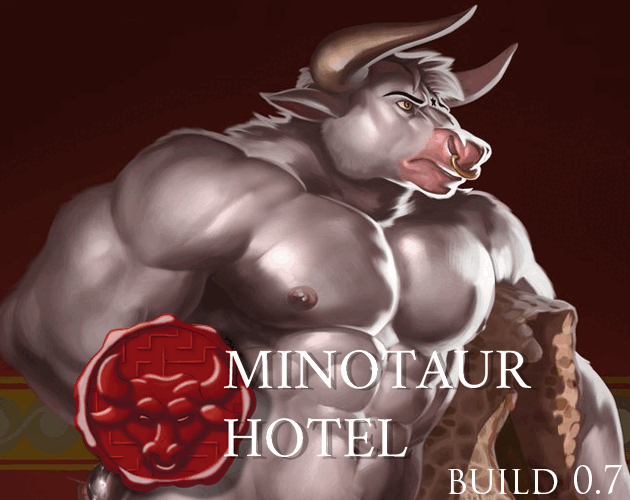No dual tagging system, so I just want to be very clear this thread will be discussing spoilers as we investigate the mysterious bird(s) of Minotaur Hotel. (Not you Luke, you're not that mysterious)
While they have never drawn much attention, there have been multiple sightings of birds in the realm that raise a few questions once you consider the rules for spawned animals (and plants). On our third meeting with Argos, he teaches us how hostile spawned life is to Asterion; the instant they notice Asterion('s pelt), they immediately launch to assault it. He claims, "This, too, is the Labyrinth's nature. [...] a master, long ago, put in place a contract to forbid animal and plant life from being summoned above the valley." In turn, there is basically nothing left alive in the valley beyond monsters and the occasional plant, if I'm recalling correctly. We never otherwise really hear about wildlife (call me out if you remember otherwise!)...
Until this interaction in Chapter 17, if the Master uncovers the truth about the Argoi, confronts Nikos, but then forgives him. After Nikos makes his big gesture to kill the role of Argos and the Narrator praises our brand of justice, we get these lines:
Your eyes are pulled upwards, to the shadow of a vulture flying high in the otherwise-empty sky. It cries out once, twice, until from beyond the cliff comes a second shadow. The pair comes together to circle over you. Together they let out one final wail, and then fly towards the hotel and beyond sight. Just like you, Nikos gazes at the two birds; but his eyes are filled with both puzzlement and a distant familiarity. His hand almost rises upward, as though trying to reach out, but gives up as the both of you realize how late it's getting.
Now, Nikos is not wearing the Asterion pelt at this point in time, so the vultures would not be compelled to divebomb him if they were spawned by the Labyrinth/Realm, but we also have another scene with a white vulture that does see Asterion and does not attack. In the Chapter 18 climax, just before the camera shifts to follow the events inside the hotel, Asterion is outside and musing over his thoughts when he spots one flying in the sky:
He breathes in, and looks up to stars. And there, up above, do his eyes deceive him? A white vulture? Just like when he was young, during that night with Phroneos when they --
He's interrupted by Oscar's approach, so we don't learn much more about Asterion's thoughts on the vulture, but what we do hear (and even just its presence at all) says a lot - he was not attacked by said white vulture despite being very visible. Whatever this vulture is, it is not something spawned by the Labyrinth. I think it's safe to say the same for the two vultures that the Master and Nikos see down in the valley.
So then, who's vultures are these? I think it's not hard to say they're related to one of the gods, Asterion definitely sees it as some sort of divine sign in his youth, but we still don't know the full story of what happened with Phroneos. Was death close after, and these birds are related to Hades? Vultures are scavenger birds that eat carrion rather than make their own kill. Or there's always ties with Artemis and birds and hunting, or Athena tied to owls but might be too unsubtle so she's been snooping with a less conspicuous bird - after all, only Hermes is allowed in the realm as the Overseer. What do y'all think, bird friend or bird foe?


